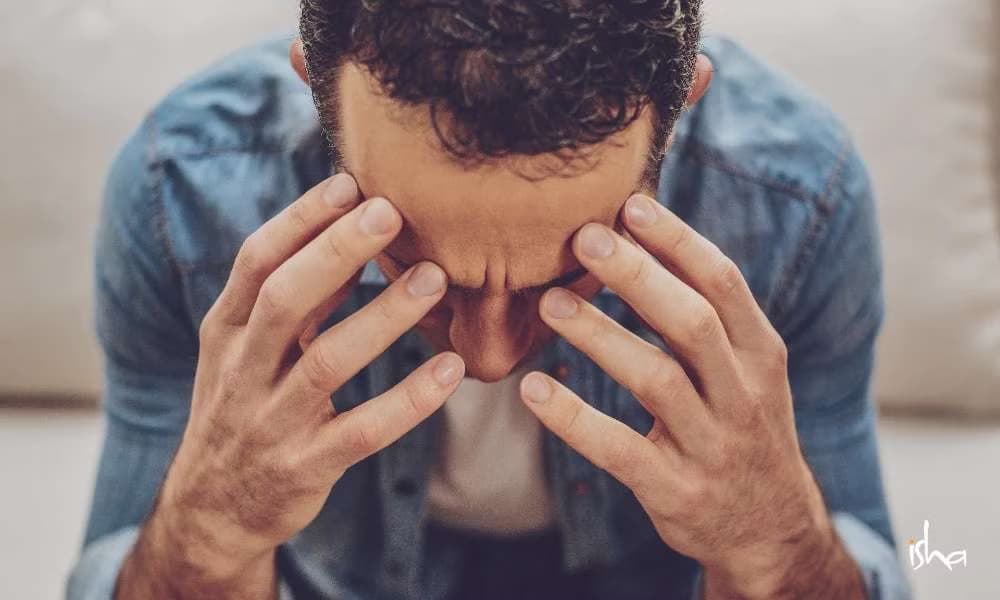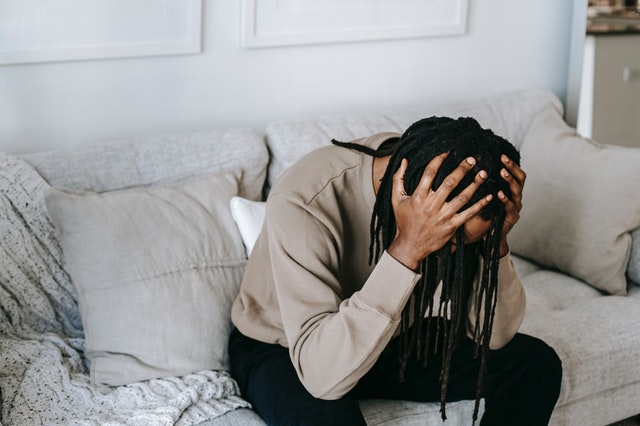When you watch your favorite athlete fail in the clutch, you might say they “choked.” More accurately, it was likely a version of performance anxiety. The key word here is anxiety. I’ve written a lot about anxiety and that background is useful here. Humans need some anxiety to remain safe and survive. However, it can become dysfunctional, and that’s when anxiety morphs into a diagnosable disorder.
Performance anxiety is precisely what those two words mean. You experience unhealthy anxiety before and during any event that triggers you. It could be sports or having sex or taking a test. The options are many, but the anxiety is always present.
What Causes Performance Anxiety?
When faced with a situation in which you wish to do your best, anxiety can get in the way. It leads people to fixate on the details of the event. This confuses the prefrontal cortex (PFC) — the part of the brain that would normally guide the process. Severe anxiety sends the PFC into overdrive and suddenly, familiar tasks or actions feel difficult.
The psychological danger lies in this scenario, feeling like a self-fulfilling prophecy:
- You feel anxious about a given situation or event
- The anxiety triggers your brain
- Once triggered, you cannot perform well
- So, you see this as “proof” that you suck at this given task or activity
From there, future situations or events trigger more anxiety based on your new belief that you are unable to perform the task well. Let’s consider some self-help options for different kinds of performance anxiety.
3 Tips to Overcome Performance Anxiety
1. Sexual Performance
There are plenty of stigmas surrounding sex. Negative body image can play a major role. For men, in particular, there is often a silent fear of not maintaining an erection and/or satisfying their partner. Suggestions:
- Communicate openly with your partner
- Be open to the full range of sexual possibilities
- Allow yourself to be present with the physical sensations
- Be patient with yourself
 2. Stage Fright
2. Stage Fright
The symptoms of stage fright mimic the signs that you are in mortal danger, e.g. sweaty palms, hyperventilation, trembling body and voice, elevated heart rate, nausea, and more. To follow are some self-help tips for when you know you’ll be the center of attention:
- Practice self-care regularly but particularly leading up to the event
- Visualization of success
- Limit ingestion of anything that can impact your performance (coffee, alcohol, etc.)
- Practice and prepare, but not to the point of obsession
- Breathing exercises
Most importantly, remember that anxiety is a skilled liar. This requires you to work on your inner monologue. Silence the critic in you and find positive affirmations instead.
3. Other Forms of Performance Anxiety
These forms could involve athletic events, test taking, going on an interview, your job, and so much more. Obviously, this can intersect with a generalized anxiety disorder (GAD). Therefore, self-help for performance anxiety is very similar to self-help for GAD. As touched on above, relaxation techniques, self-care, and positive self-talk are essential.
Anxiety is a Sometimes A Diagnosable Mental Health Disorder
The major step you can take is to meet with an experienced mental health practitioner. Anxiety is the world’s most common mental health condition. Whether it’s GAD or any of the forms of performance anxiety discussed above, proven and effective treatments exist.
You do not have to live in a state of anxious worry. Committing to therapy can help you discover the root causes of your anxiety. From there, we’d work on new approaches and behavioral patterns. If performance anxiety has reared its ugly head in your life, I invite you to reach out. Let’s work together to get you back on track through anxiety therapy.





